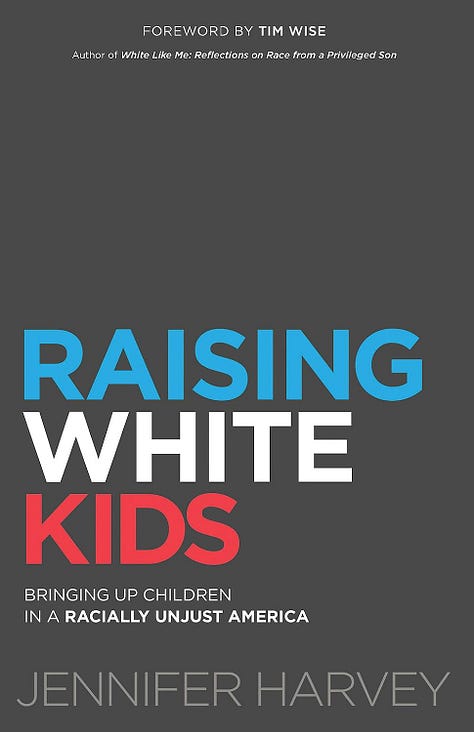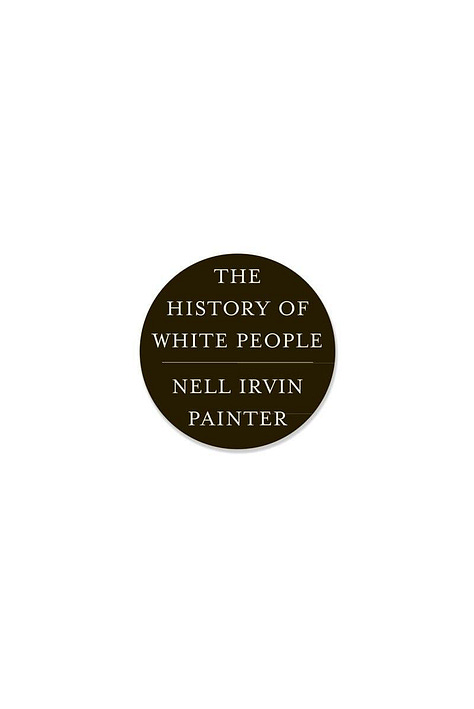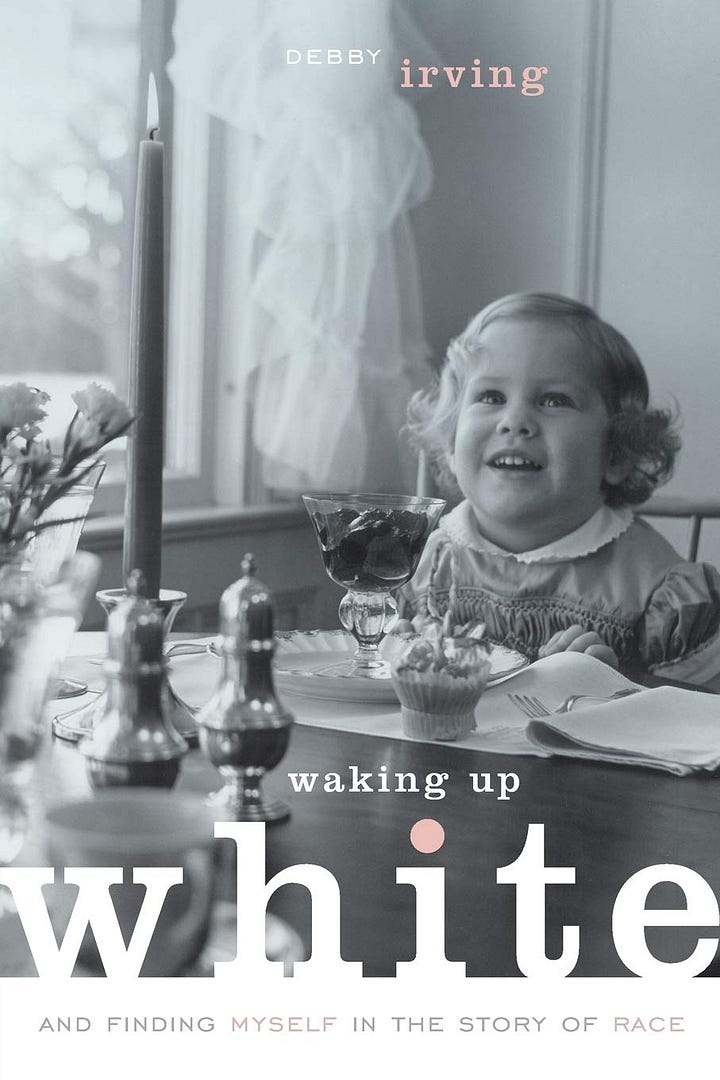
“Get your cousins.” We said it on repeat in 2016. In the months leading up to the presidential election, Black women implored our White friends and colleagues to engage in conversations about racism with their Trump-supporting skinfolk. “They’ll listen to you before they’ll listen to us,” I told the students in my cultural intelligence and racial reconciliation courses.
“I’ve tried. They won’t listen,” one student said.
“They told me that I’m not welcome at my home church anymore,” another shared.
“Try harder,” I pushed back.
I didn’t realize that we were already too late. The parasite of White Christian nationalism had already embedded its hooks into the hearts and minds of many White Christians, 81 percent of evangelicals to be exact. It had only seemed to go dormant after evangelical support of segregation had been defeated in the 1983 Supreme Court decision in Bob Jones University v. United States.
But it was not sleeping; it was evolving, developing resistance toward the antiracist stances that many of my White students were learning. They, it turned out, were the aberrations. Somehow they had missed the dog whistles. They had believed in the theologies of love and mercy that they had heard from the pulpits of the same churches that eventually expelled them. They had not wanted to see it. They still don’t.
It seems like everyday I read or hear some White person making excuses for their MAGA-loving kinfolk. I’ve been hearing the excuses since 2008 when the election of a biracial Black man to the presidency triggered a full-fledged meltdown among a large swath of White people. The excuses are always the same: They’re not racist. They’re just hurting and misguided. They feel like no one is paying attention to them and they got caught up in the Fox News vortex.
I call bullshit. The only way to get caught up in Fox News is to believe what they were saying in the first place. In the vast majority of cases, it’s not that right wing media convinced people of racial views that they’d previously found abhorrent. It gave credence to views that they’d already had, views that they had learned to themselves when the Civil Rights Movement made overt racism unpopular.
I’ve lived in the south all my life. And I knew that the folks who enforced southern racism and terror had gone nowhere. They were still living and passing their views on to their descendants. They had not changed. They were just quieter about it. I also knew that southerns do not have the patent on American racism. They just did the dirty work for White people in the north.
I keep thinking about the first time that I taught my course on forgiveness and reconciliation. The course description made it clear that we would be discussing the relevance of forgiveness and reconciliation in the context of systemic oppression as well as interpersonal relationships. About midway through the semester, one of the students, an older White Latinx male, stopped me in the hallway and asked why we kept talking about racism, especially slavery. I can’t remember what I said. It must have been something along the lines of preventing history from repeating itself. He responded, “It’s not like it could happen again.” I said nothing. I just stared at him and watched as his facial expression changed. “Oh. You think it could happen again,” he said incredulously.
No one ever think racial or ethnic horror could happen until it does. They always made excuses for what was happening until they couldn’t excuse it anymore.
Stop making excuses for White people. Stop making excuses for anyone who supported Trump. See them for who they really are. They are people who support racism, xenophobia, transphobia, ableism, colonization, and genocide when it serves their interests. They have chosen the way of injustice and they are unrepentant about it. Stop wasting your energy on them. It’s not that they are unredeemable, but that they have to want to accept redemption. So far, they do not. They saw the worst of him and chose him again. This is who they are.
You cannot help them without facing this reality. You have to diagnose the problem correctly in order to find the cure. You also have to be able to determine when the problem is beyond your capacity, when it’s time to walk way and focus your energies on places where you might effect real change.
This is hard. You will have to grieve. You will have to reorder relationships. You may have to find a new community to call family. But this is what is needed now. For you. For them. For all of us.
Tools for the White Anti-Racist Journey
I’m doing some writing on Whiteness right now. I’ve been reading a few recent books and revisiting some older ones. Here are a few that I recommend by White women who write about Whiteness honestly, who are willing to grapple with how they’ve been socialized into their racial identities. They write about their racial awakening and provide good advice on how White people can become committed to antiracism.
Debby Irving, Waking Up White, and Finding Myself in the Story of Race
Idelette McVicker, Recovering Racists: Dismantling White Supremacy and Reclaiming Our Humanity
Jennifer Harvey, Antiracism as Daily Practice: Refuse Shame, Change White Communities, and Help Create a Just World
Jennifer Harvey, Raising White Kids: Bringing Up Children in a Racially Unjust America
Shannon Sullivan, Good White People: The Problem with Middle-Class White Anti-Racism
If you’re ready to go deeper, I highly recommend Nell Irvin Painter’s The History of White People and Carol Anderson’s White Rage to understand the historical and sociological of how Whiteness came to be and why it endangers all of us.
And if you’re a White person ready to move from learning into action, consider joining your local chapter of Standing Up for Racial Justice (SURJ) or participating in one of the trainings or programs sponsored by Race Forward.







Interested in a Mindfulness Course?
I’m considering offering a cycle of Mindfulness-Based Stress Reduction (MBSR) via Zoom in spring/early summer. MBSR is an experiential program designed to provide participants with intensive and systematic training in mindfulness meditation and movement practices. The course would meet weekly for 8 sessions (usually 2.5 hours) plus an all-day Saturday session.
I’m trying to figure out the time. If you’re seriously interested in participating, do me a favor and complete this two-question survey to help me plan.




This is a critical much needed article.
It’s past time, way past time, for white people to face, feel the shame, make the unpleasant, painful decisions to heal all the white nationalism